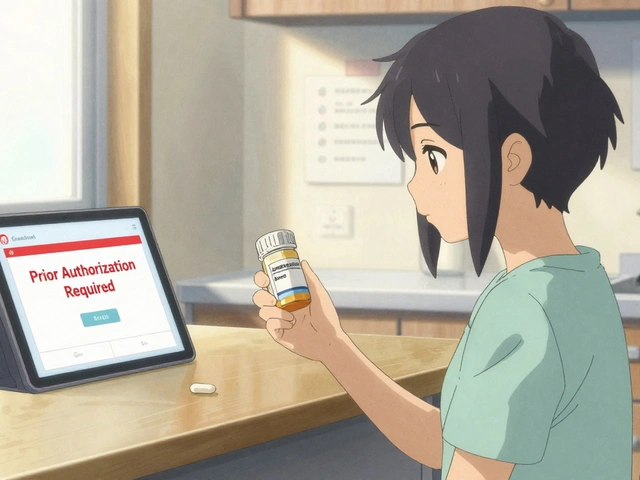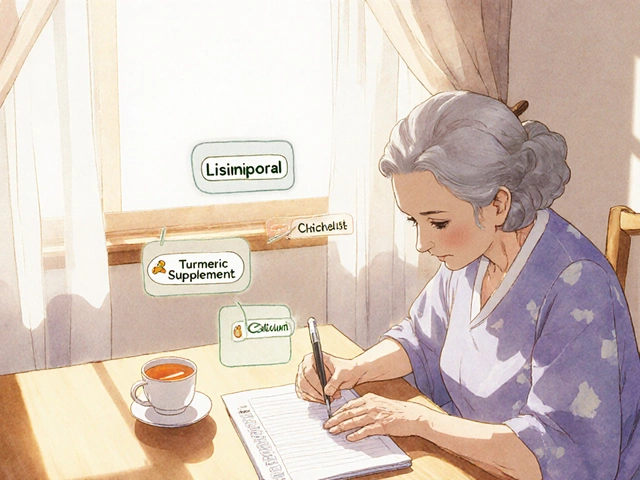Mental Health Improvement: Simple Tips and Medication Guides
Feeling down or stressed? You’re not alone, and fixing it doesn’t have to be complicated. Below you’ll find everyday habits that actually work and straight‑forward info about medicines that people often use for mood and anxiety.
Practical Tips for Better Mood
First off, sleep matters. Aim for 7‑9 hours, keep the room dark, and avoid screens at least an hour before bedtime. A good night’s rest can calm racing thoughts and lift your mood.
Next, move your body. Even a 10‑minute walk releases endorphins that act like natural antidepressants. You don’t need a marathon; a short stroll after dinner can do the trick.
Nutrition plays a hidden role. Foods rich in omega‑3s (like salmon or walnuts) and leafy greens support brain chemistry. Try swapping a bag of chips for a handful of almonds as an easy upgrade.
Stress often spikes when we’re glued to our phones. Set a timer for social media and give yourself a tech‑free window each day. Use that time to read, journal, or simply sit with your thoughts.
Finally, connect with people. A quick call to a friend, a coffee with family, or joining a hobby group can break the isolation loop that fuels anxiety.
Medications and Alternatives to Consider
When lifestyle tweaks aren’t enough, many turn to prescription options. SSRIs like escitalopram (Lexapro) are common first‑line choices. They can improve serotonin levels, but watch for side effects such as mild nausea or occasional sugar cravings.
If SSRIs don’t fit, Wellbutrin SR (bupropion) offers a different approach by targeting dopamine and norepinephrine. Some people prefer it because it’s less likely to cause weight gain.
Off‑label uses, like low‑dose Seroquel for insomnia, exist but carry risks—higher chances of drowsiness, metabolic changes, and the need for close doctor monitoring.
Looking for non‑prescription help? Supplements like berberine, black seed oil, or even herbal options such as St. John’s Wort can provide mood support for some, but they interact with many meds. Always check with a pharmacist.
Remember, medication isn’t a one‑size‑fits‑all. Your doctor will consider your history, other health conditions, and current meds before recommending a plan.
By combining solid daily habits with the right medical guidance, you can give your mental health a real boost. Start with one small change today, and watch how it adds up over time.

The Benefits of Yoga and Mindfulness Practices for Depression
- By : Archer Hamilton
- Date : Sep 4 2023
Are you struggling with depression? Let's uncover the secret of yoga and mindfulness practices, and how they can potentially alleviate your depression symptoms. In this post, we dive into how a little bit of stretching, controlled breathing, and directed attention can enhance your mental health. Hopefully, you will find these simple yet efficient techniques helpful. So, join me in this journey towards a more peaceful state of mind.





